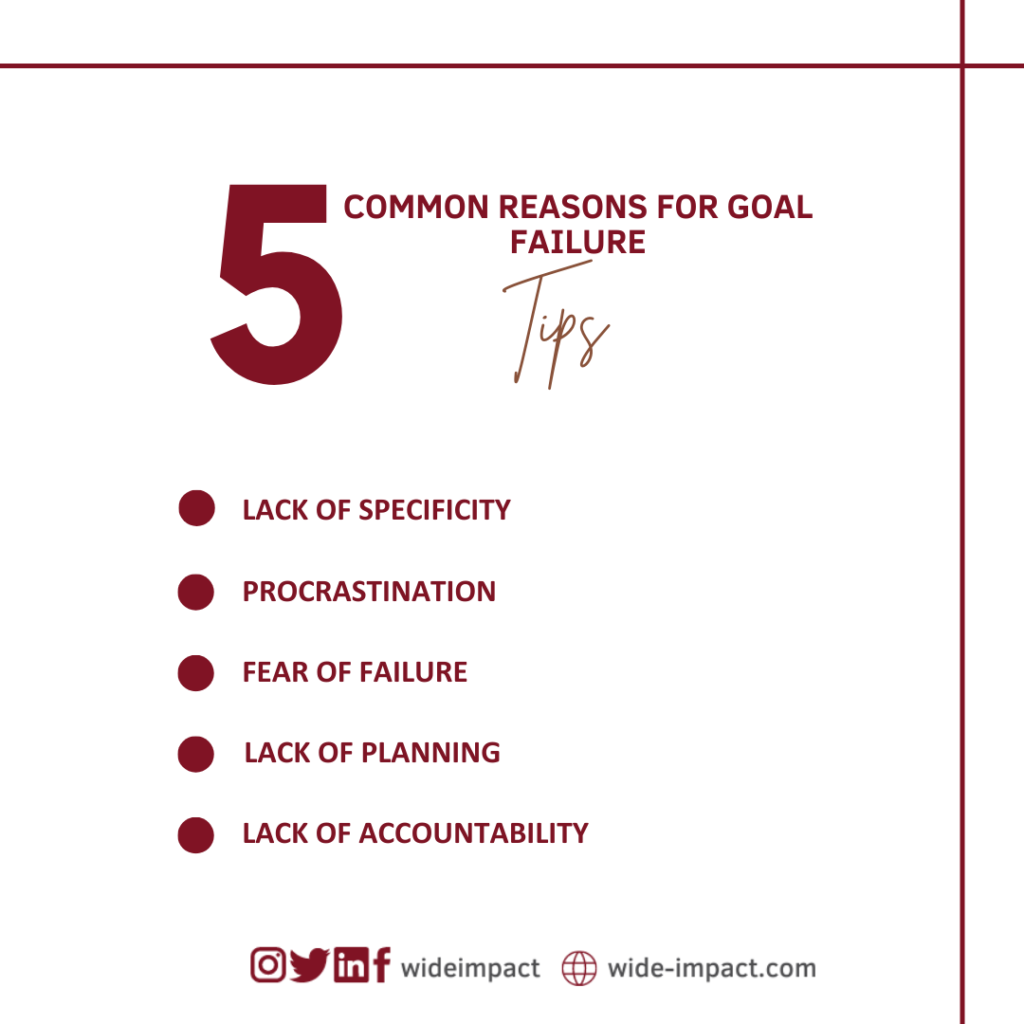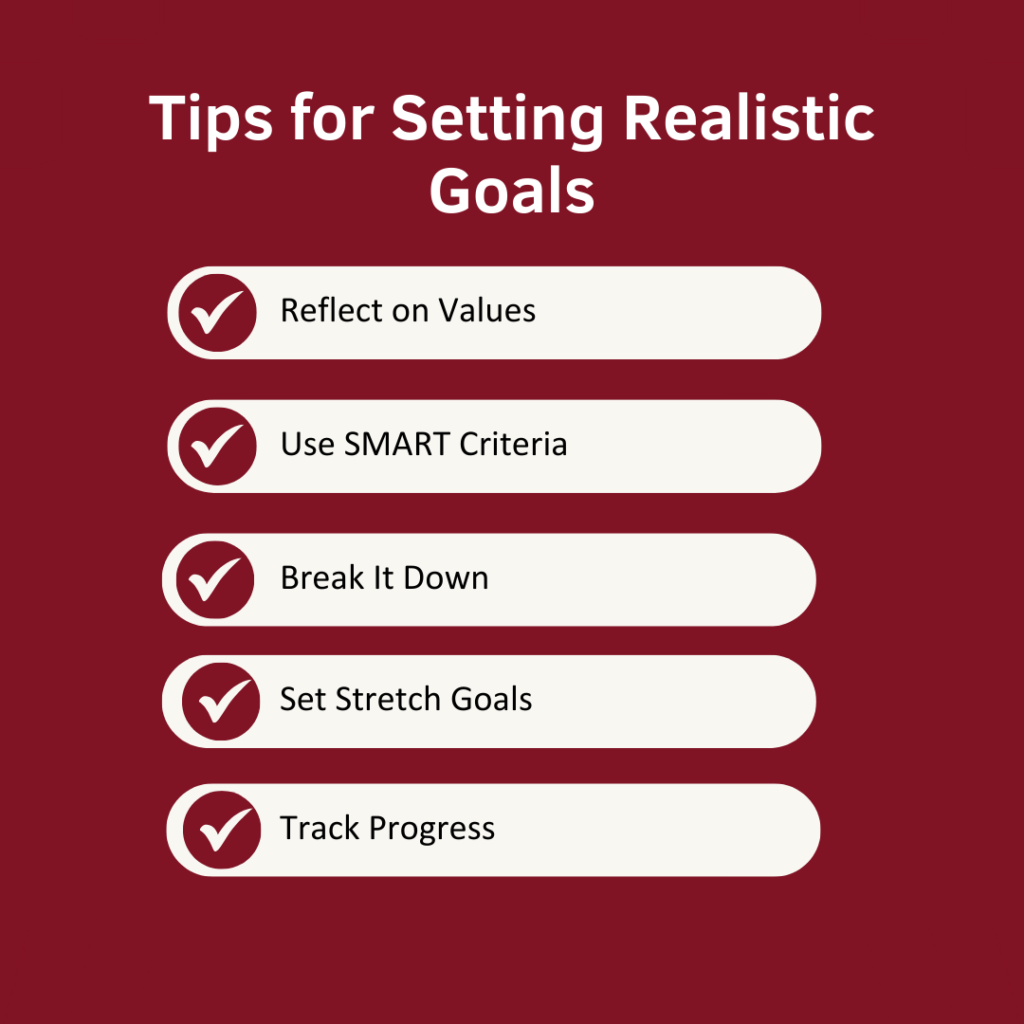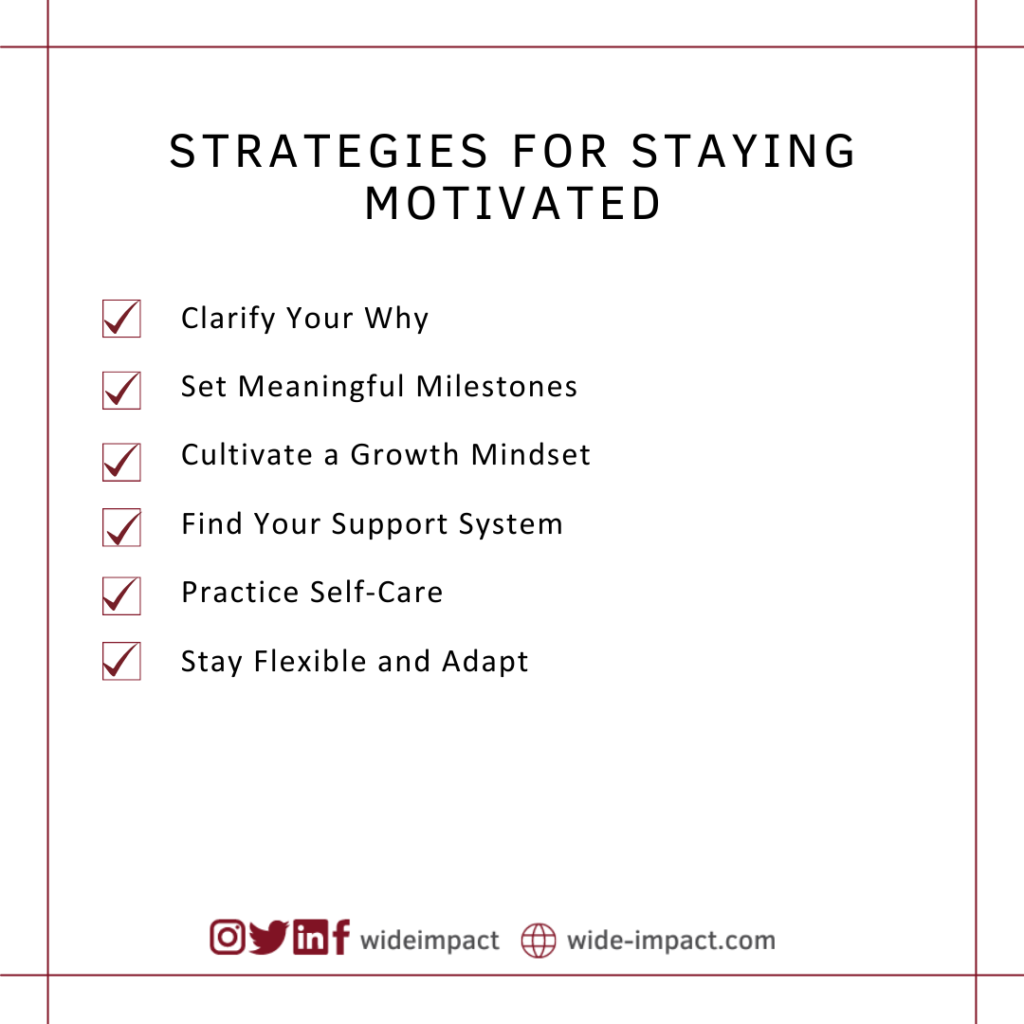By Dr. Salam Slim Saad
Setting goals is like creating a roadmap for your life. It gives you direction, purpose, and motivation to keep moving forward. By clearly defining what you want to achieve, you are more likely to stay focused and on track. Goals act as motivation, pushing you out of your comfort zone and propelling you toward growth and success.
Are you constantly setting goals but struggling to achieve them? You’re not alone! Setting and achieving goals can be a challenging process, but with the right mindset and strategies, you can turn your dreams into reality.

Achieving goals also boosts confidence and self-esteem. Each milestone reached reinforces the belief that anything is possible with dedication and perseverance. Setting achievable goals empowers you to take control of your life’s narrative – shaping it according to your aspirations rather than leaving things up to chance or circumstance.
The difference between long-term and short-term goals
Setting goals is a crucial step in achieving success, but it’s essential to understand the distinction between long-term and short-term goals. Long-term goals are like the destination on a map – they provide direction for your journey. These are ambitious objectives that may take months or even years to accomplish. Short-term goals, on the other hand, act as stepping stones towards your long-term aspirations.
Short-term goals are more manageable and can be achieved within days, weeks, or months. They help you stay focused and motivated by providing clear milestones along the way to your ultimate goal. While long-term goals give you a sense of purpose and vision for the future, short-term goals ensure you make progress consistently.
Balancing both types of goals is key to maintaining momentum and staying on track toward achieving your dreams. By breaking down big ambitions into smaller achievable tasks, you create a roadmap that leads you closer to success each day.
Common Reasons People Fail to Achieve Their Goals
Achieving your goals requires more than just wishful thinking; it requires determination, discipline, and a willingness to overcome obstacles. By identifying and addressing common reasons for goal failure and implementing practical tips and tricks, you can increase your chances of success and turn your dreams into reality. Remember, the journey to success may not always be easy, but it will be worth it in the end. So don’t give up – keep pushing forward, and you’ll be amazed at what you can achieve.

- Lack of Specificity: One of the most common reasons people fail to achieve their goals is that they aren’t specific enough. Vague goals like “lose weight” or “get in shape” lack the clarity needed for effective planning and execution. Instead, try setting SMART goals – Specific, Measurable, Achievable, Relevant, and Time-bound. For example, “Lose 10 pounds in three months by exercising for 30 minutes five days a week and cutting out sugary snacks.”
- Procrastination: Procrastination is the enemy of progress. It’s easy to put off tasks until tomorrow, but tomorrow often turns into next week, next month, or never. To overcome procrastination, break your goals down into smaller, more manageable tasks and tackle them one step at a time. Set deadlines for each task and hold yourself accountable. You can also use productivity techniques like the Pomodoro Technique or time-blocking to stay focused and motivated.
- Fear of Failure: Fear of failure can paralyze us and prevent us from taking the necessary risks to achieve our goals. Remember that failure is not the opposite of success; it’s part of the journey. Instead of viewing failure as a setback, see it as an opportunity to learn and grow. Embrace a growth mindset and reframe your setbacks as valuable lessons that will ultimately bring you closer to success.
- Lack of Planning: Failing to plan is planning to fail. Without a clear plan of action, it’s easy to get overwhelmed or lost along the way. Take the time to create a detailed roadmap for achieving your goals, including specific actions, milestones, and deadlines. Break your plan down into smaller, actionable steps and prioritize them based on their importance and urgency. Regularly review and adjust your plan as needed to stay on track.
- Lack of Accountability: Accountability is key to staying motivated and accountable. Share your goals with friends, family, or a mentor who can provide support, encouragement, and accountability. Consider joining a mastermind group or finding an accountability partner with similar goals who you can check in with regularly. Tracking your progress and celebrating your successes along the way can also help keep you motivated and focused on your goals.
How to Set Realistic and Attainable Goals
Setting goals is an essential step in turning your dreams into reality. However, many people struggle to set goals that are both realistic and attainable. Unrealistic goals can lead to frustration and disappointment, while attainable goals provide motivation and a sense of accomplishment. Remember, goal setting is not just about the destination – it’s about the journey. So dream big, but start small, and take consistent action toward your goals each day.

- Reflect on Your Values and Priorities: Before setting any goals, take some time to reflect on your values and priorities. What truly matters to you? What are your long-term aspirations? Aligning your goals with your values and priorities will give them greater meaning and motivation. Consider what you want to achieve in various areas of your life, such as career, health, relationships, and personal development.
- Use the SMART Criteria: The SMART criteria are a proven framework for setting effective goals. SMART stands for Specific, Measurable, Achievable, Relevant, and Time-bound. When setting a goal, make sure it meets each of these criteria:
- Specific: Clearly define what you want to accomplish.
- Measurable: Establish concrete criteria for measuring your progress.
- Achievable: Ensure that your goal is realistic and within your capabilities.
- Relevant: Make sure your goal aligns with your values and long-term objectives.
- Time-bound: Set a deadline for achieving your goal to create a sense of urgency.
- Break It Down: Large goals can feel overwhelming, making it tempting to procrastinate or give up altogether. Break down your goals into smaller, more manageable tasks or milestones. This will make them less daunting and allow you to track your progress more effectively. Celebrate each small victory along the way to stay motivated and focused.
- Set Stretch Goals: While it’s important to set realistic goals, don’t be afraid to challenge yourself with stretch goals – goals that push you slightly beyond your comfort zone. Stretch goals can inspire growth and innovation, motivating you to reach new heights. However, be mindful not to make them too unrealistic or unattainable, as this can lead to discouragement.
- Track Your Progress: Regularly monitor your progress toward your goals to stay on track and make any necessary adjustments. Keep a journal, use a goal-tracking app, or create a visual progress chart to visualize your journey. Celebrate your achievements and learn from any setbacks or obstacles you encounter along the way. Remember, progress is not always linear, so be patient and persistent.
Staying Motivated and Overcoming Obstacles
Starting a journey toward your goals is exciting, but it has challenges. Along the way, you will likely encounter obstacles that threaten your progress and steal your motivation. However, with the right strategies in place, you can stay focused, resilient, and motivated to overcome any hurdle that comes your way.

- Clarify Your Why: Before diving into strategies for staying motivated, it’s essential to clarify the “why” behind your goals. Understanding why your goals matter to you on a deeper level will provide you with a strong sense of purpose and motivation. Take some time to reflect on your values, passions, and aspirations and connect them to your goals. Remember regularly why you started this journey in the first place to stay focused and motivated, even when faced with challenges.
- Set Meaningful Milestones: Breaking your goals down into smaller, achievable milestones is an effective way to maintain momentum and track your progress. Celebrate each milestone you reach as a testament to your hard work and dedication. These small victories will boost your confidence and motivation, propelling you forward toward your larger goals. Additionally, having clear milestones allows you to course-correct and adjust your approach as needed, ensuring that you stay on track even in the face of obstacles.
- Cultivate a Growth Mindset: Adopting a growth mindset is crucial for overcoming obstacles and staying resilient in the face of adversity. Instead of viewing setbacks as failures, see them as opportunities for growth and learning. Embrace challenges as chances to stretch your abilities and develop new skills. Cultivate a positive attitude toward failure, recognizing it as a natural part of the learning process. By reframing obstacles as opportunities for growth, you’ll be better equipped to navigate challenges and stay motivated on your journey.
- Find Your Support System: Surround yourself with a supportive network of friends, family, mentors, and peers who believe in you and your goals. Lean on them for encouragement, advice, and accountability when faced with obstacles. Share your challenges openly with your support system, and allow them to offer guidance and support. Knowing that you’re not alone in your journey can provide a tremendous source of motivation and strength during difficult times.
- Practice Self-Care: Taking care of your physical, mental, and emotional well-being is essential for maintaining motivation and resilience. Make self-care a priority by incorporating activities that nourish your body, mind, and soul into your daily routine. This could include exercise, meditation, journaling, spending time in nature, or pursuing hobbies that bring you joy and relaxation. When you prioritize self-care, you’ll have the energy and resilience needed to face obstacles head-on and stay motivated on your path to success.
- Stay Flexible and Adapt: Flexibility is key to overcoming obstacles and staying motivated in the face of adversity. Accept that setbacks and challenges are inevitable parts of any journey and be willing to adapt your plans and strategies accordingly. Stay open to new ideas, approaches, and opportunities, and be willing to pivot when necessary. Remember that flexibility and resilience go hand in hand, and by embracing change, you’ll be better equipped to overcome obstacles and achieve your goals.
Setting goals is essential for personal and professional growth. You can achieve great things by establishing clear objectives, creating a plan of action, staying motivated, and overcoming obstacles. Remember to celebrate your successes and use them as fuel to set new goals.
As you continue your journey toward success, remember that setbacks may happen, but how you respond to them truly matters. Stay focused, stay determined, and always believe in yourself. With perseverance and dedication, you can turn your dreams into reality.
So dream big, work hard, and watch as you achieve each goal individually. The path to success is not always easy, but anything is possible with the right mindset and approach. Here’s to reaching new heights and accomplishing everything you set out to do!



